I have this query:
SELECT article.id
FROM article
INNER JOIN article_cCountry ON article.id = ID1 AND ID2 = 1
INNER JOIN user_cCountry ON article.uId = user_cCountry.ID1 AND user_cCountry.ID2 = 1
LEFT JOIN user ON article.uId = user.ID
WHERE article.released = "TRUE"
AND article.sDate < now()
AND article.cDate != "0000-00-00 00:00:00"
AND (article.eDate > now() OR article.eDate = 0)
AND ( (user.released = true) OR (article.uId = 0) )
ORDER BY article.cDate DESC
LIMIT 0, 10
The query takes ~0.3 seconds, without the ORDER BY only ~0.001 seconds.
Any ideas why the ORDER BY is so slow?

